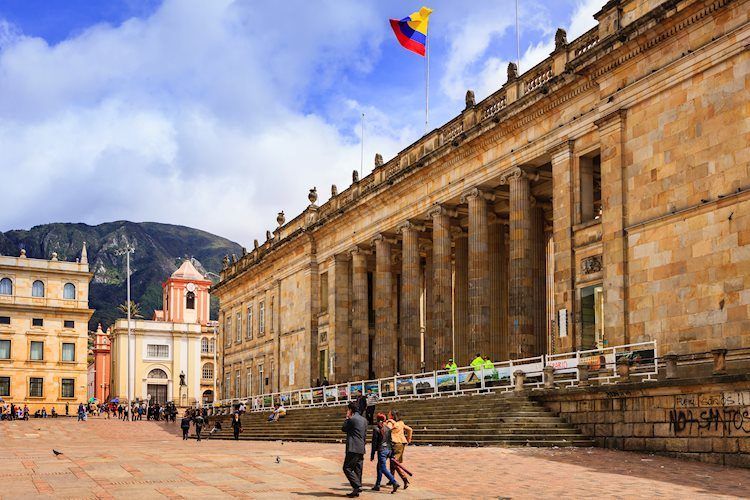Since the pandemic hit, economies world-wide have faced recession along with drop in stock values, fall in consumer confidence, increase in unemployment and more. Another concern that recently surfaced is the rise of a real estate bubble, due to the rise in the home values around some major cities.
According to USB’s Global Real Estate Bubble Index 2020, more than half of the 25 major cities analyzed are overvalued or at the risk of a housing bubble. This prediction was made on the basis of the basic signs of a bubble arising that include increased construction activity and excessive lending.
A new study indicated that though there has been some stability in home price growth around the globe, there are some cities that might need to revise their prices.
Due to covid-10, rather than living in cities, families are preferring to work at home and live in secluded areas and properties prices in significant urban areas aren’t expected to appreciate like they did the past several years.
“Even in the absence of a broad market correction, the potential for further capital gains seem depleted,” said a statement by Matthias Holzhey, lead author of the study and head of Swiss real estate investments at UBS Global Wealth Management, a Switzerland-based investment firm.
Among the 25 cities analyzed by USB; the four cities that are at the most risk of experiencing housing bubble are Amsterdam, Munich, Paris and Frankfurt. The prices of real estate properties in these cities is touching the ceiling, facing the greatest risk of a real-estate bubble.
Jonathan Woloshin, head of U.S. real estate at UBS Global wealth management’s chief investment office said “In some of the European cities, there is a high degree of rent control, especially if you are buying a property to rent it out, it’s less attractive.”
According to The Swiss bank UBS report, all the European cities that were analyzed by USB showed a rise in their index scores due to the low interest rate. For the first time since 2012, the average price growth slowed down unexpectedly, whereas there was a marginal decline in the average score index in 2019.
“It’s clear that the current acceleration is not sustainable. Rents have been falling already in most cities, indicating that a correction phase will likely emerge,” said the report.
Toronto is the only North American city that indicated some risk signs of a housing bubble, however as compared to last year there has been an improvement in the ranking. According to the study, there was a 10% price correction in 2019, due to the government revising rent controls, vacancy fee and taxes on foreign buyers.
On the other hand, Hong Kong was the only city in Asia that faced a similar risk of real estate bubble, but their situation too improved this year. Though there has been a major increase in the real estate prices till 2019 as compared to 2019, a decline of 5% in the prices helped improve the situation to some extent.
Woloshin said, “We definitely have some reshuffling of the deck. Near term, some markets with traditional strength — some of that strength is pulling back.”
U.S. does not face risk of a housing bubble
According to the report, no city of the U.S. is included in the list of cities that are at risk of a housing bubble. Though U.S. is experiencing suburbanization and few cities such as San Francisco and New York have been found to be “overvalued”, there is still not much risk of a housing bubble.
“Especially in New York, we have seen some outmigration — with people working from home, they don’t need to stay in expensive cities. So, there’s a cooling in prices,” said Woloshin. “And San Francisco was the most expensive city in the U.S. for a number of years — and it’s still very expensive — but so many tech companies are allowing people to work remotely that there is out-migration to less expensive markets.”
Chicago is the only city that remains undervalued as compared to the previous year. There has only been half an increase in the prices of properties in Chicago since 2015. A significant reason of this is the city government’s high rent and a decrease in the population of the city.
“Chicago’s the one market that has been pretty consistent in terms of being lower on the bubble risk, and that’s really a function of the fact that they haven’t experienced the price growth that other cities have seen,” Woloshin added.
I’m James Harper, a highly experienced and accomplished news writer for World Stock Market. I have been writing in the Politics section of the website for over five years, providing readers with up-to-date and insightful information about current events in politics. My work is widely read and respected by many industry professionals as well as laymen.






